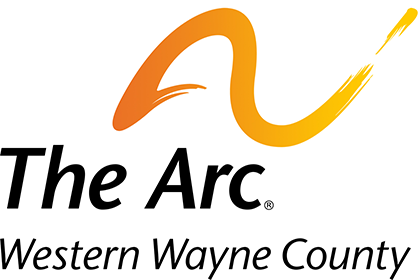Brain injury can occur in many ways. Traumatic brain injuries typically result from accidents in which the head strikes an object. This is the most common type of traumatic brain injury. However, other brain injuries, such as those caused by insufficient oxygen, poisoning or infection can cause similar deficits.
Traumatic brain injury can significantly affect many cognitive, physical and psychological skills. Physical deficit can include ambulation, balance, coordination, fine motor skills, strength and endurance. Cognitive deficits of language and communication, information processing, memory and perceptual skills are common.
Mild traumatic brain injury is characterized by one or more of the following symptoms; a brief loss of consciousness, loss of memory immediately before or after the injury, any alteration in mental state at the time of the accident, or focal neurological deficits. In many mild traumatic brain injury cases, the person seems fine on the surface, yet continues to endure chronic functional problems.
Most traumatic brain injuries result in widespread damage to the brain because the brain ricochets inside the skull during the impact of an accident. Localized damage also occurs when the brain bounces against the skull. The brain stem, frontal lobe and temporal lobes are particularly vulnerable to this because of their location near bony protrusions.
To learn more about Traumatic Brain Injuries, please contact the Brain Injury Association at 800-444-6443. You can also visit them online at www.biausa.org.
Phone code: 1748

Recent Comments